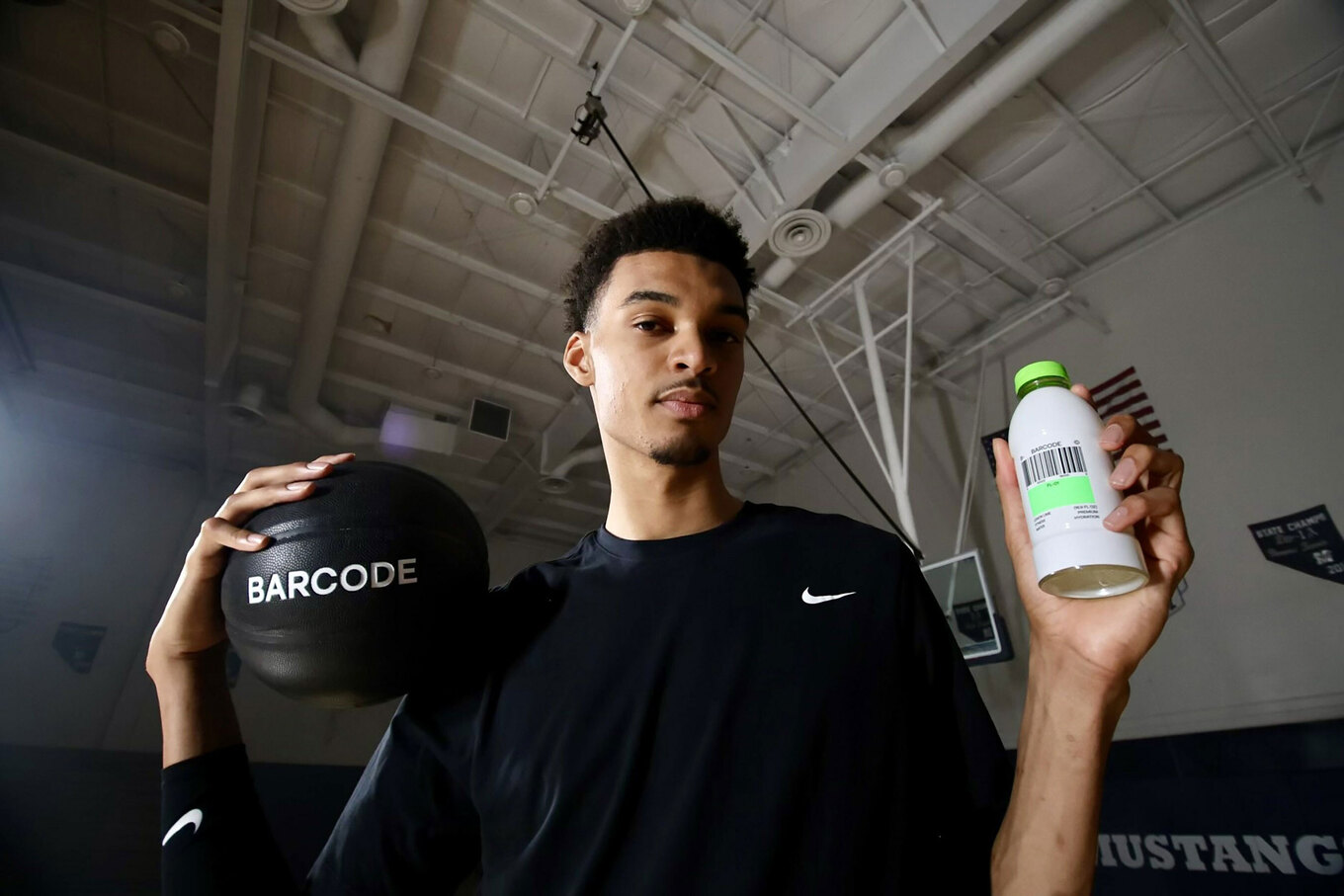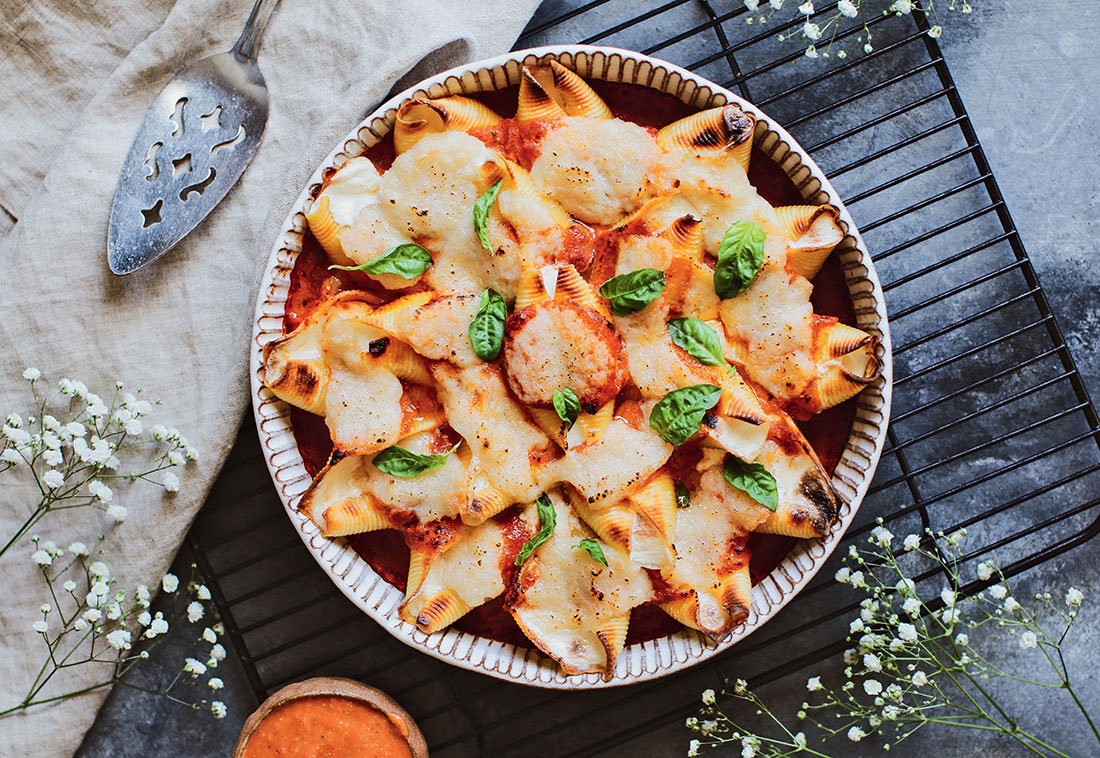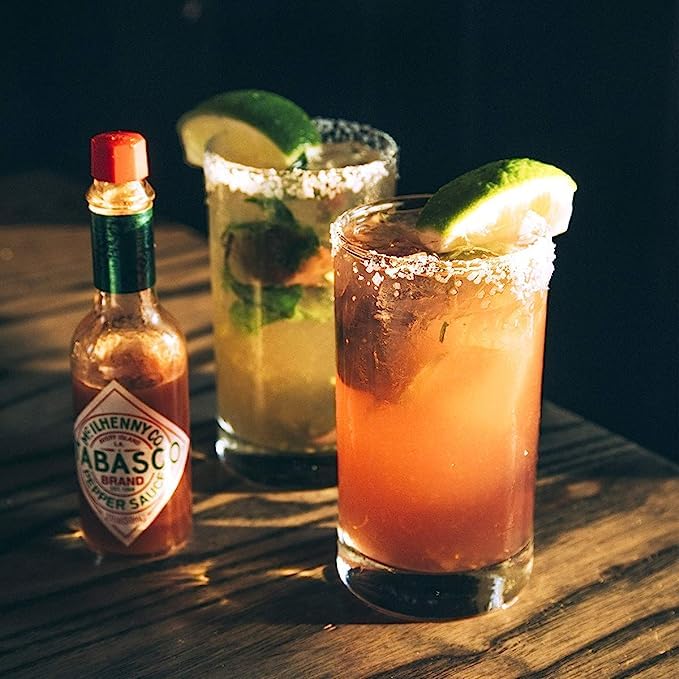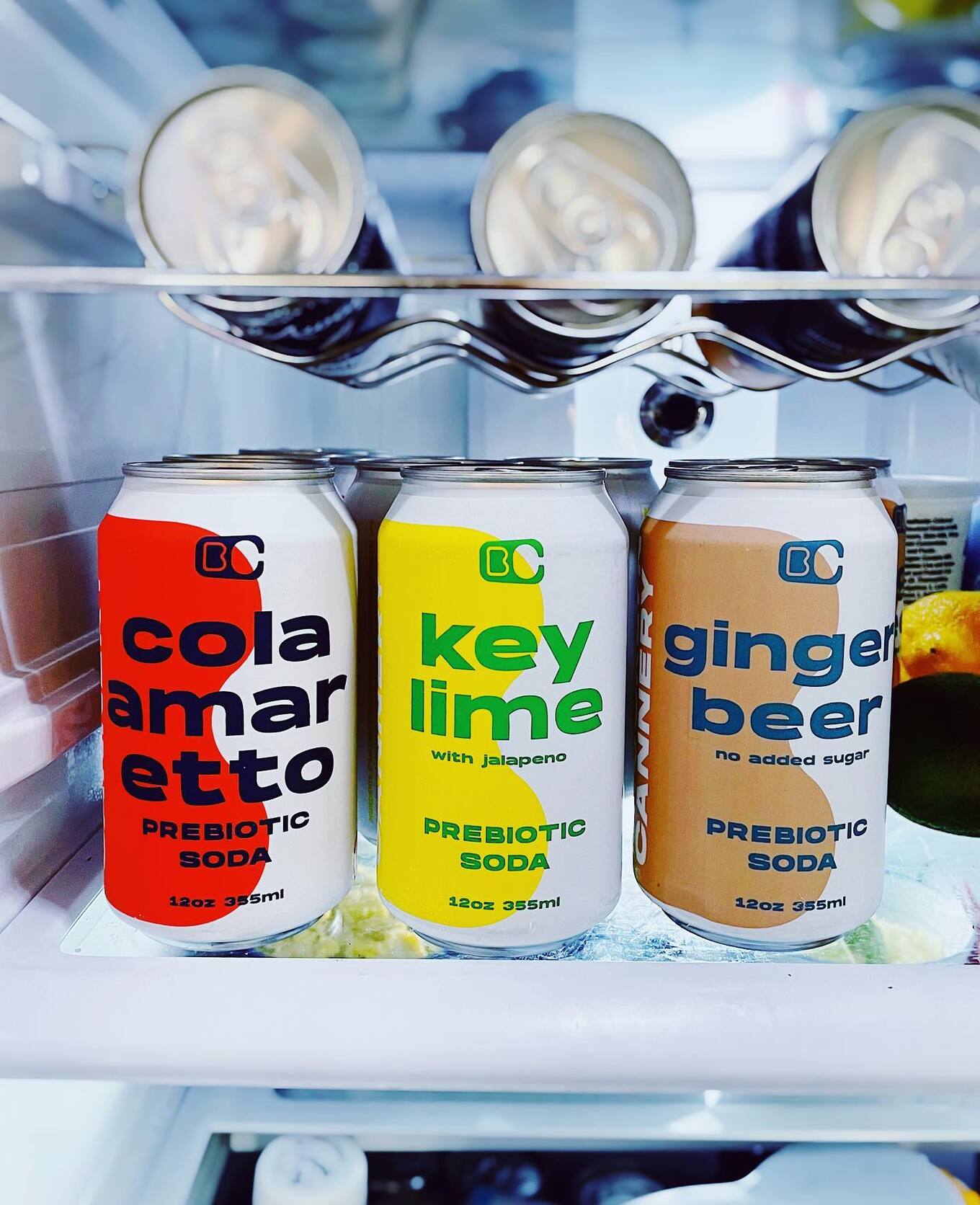Every four years, the Olympics promises to be “the greatest show on Earth,” and, thanks to the impressive caliber of the athletes that compete every year, it always delivers. But while it may be the greatest show, it is not always the greenest. In fact, the London 2012, Rio 2016, and Tokyo 2020 (which, for obvious reasons, actually took place in 2021) events emitted an average of around 3.9 million tons of carbon dioxide.
But this July, the games are heading to Paris, and the event is shaping up to be one of the most sustainable Olympics yet. The French capital will even make a special effort to offer plenty of carbon-friendly vegan food—not bad for a city that is world-renowned for its love of meat and cheese.
 Paris 2024
Paris 2024
{{ RELATED }}
Table of Contents
Will the Paris Olympics be sustainable?
According to the Paris 2024 Olympic committee, this year’s Olympic and Paralympic Games will set a “new standard” in terms of sustainability. In fact, it has even pledged to cut emissions in half compared with previous games.
One of the most important ways it has set about achieving this goal is by not going overboard on building new stadiums to host events. Instead, it is repurposing the city’s existing stadiums, including the Stade de France (built in 1998 to host the soccer World Cup). The committee is only building one new arena, in Saint-Denis, which will be entirely solar-powered.
In a bid to sequester carbon, a whopping 200,000 new trees have been planted around the city for the event, and many rooftops around the Athletes’ Village have been purposely made insect- and bird-friendly. There will also be new cycle lanes, more pay-as-you-go bikes, and plenty of extra public transport laid on for the millions of fans set to descend on the city.
On top of all of this, Paris 2024 is paying significant attention to the type of food it will offer to both fans and athletes throughout the event. This is particularly important, considering that the way we eat has a monumental impact on the planet. Animal agriculture alone is responsible for 14.5 percent of global greenhouse gas emissions. For comparison, aviation is responsible for 2 percent of emissions.
 Garden Gourmet
Garden Gourmet
{{ NEWSLETTERTEXT }}
What will be different about the food served at Paris Olympics in 2024?
The Paris 2024 Olympic committee is emphasizing “more local, more plant-based food” for the games this year. It predicts it will serve around 13 million meals throughout the event to fans and athletes, and many will be animal-free, or at least vegetarian. In fact, it’s estimated that 60 percent of meals sold to fans in stadiums will be meat-free.
“Spectators will be able to taste different sandwiches at Paris, Marseille, and Lyon venues, designed by chefs using products from the French regions,” the Paris 2024 website notes. “The common denominator between them all: healthy, gourmet, and creative food, with more plant-based and local options at affordable prices!”
Some of the other options fans and athletes can expect, according to The Guardian, include plenty of fruit and locally sourced lentils and quinoa, but also plant-based meat. In fact, the plant-based meat brand Garden Gourmet is actually a sponsor of the Olympics this year.
“We’re in France, so food is important. But it is about presenting another way to eat deliciously, even in a fast-paced way, like vegetarian hamburgers and hotdogs at a stadium.” —Georgina Grenon, environmental excellence director for Paris 2024
Despite its reputation, Paris in general is becoming more vegan-friendly. According to Happy Cow, there are around 585 vegan- and vegetarian-friendly restaurants in the city. And across France as a whole, flexitarianism is rising in popularity. In 2022, one study found that just under half of French households have at least one person who is trying to reduce their meat consumption.
Charles Guilloy, who is an executive chef for Sodexo! Live and will be running the Olympic Village restaurant for athletes, believes that the stereotype that French cuisine is “meat, meat, and only meat” is false. He told the Guardian that he will be serving delicious, seasonal, local vegetable dishes for the competitors this year.
“Beef bourguignon is a very French recipe but I’ve reworked it for Olympic athletes as a vegetarian bourguignon with seasonal vegetables, potatoes, carrots, peas, young leeks, and shallot,” he explained. “I like to eat a vegetarian dish with a knife and fork and for it to be just as pleasurable as animal products.”
“The area around Paris produces great vegetables, all types of cabbage to cress and lentils,” he added. “I’ve created a lentil dal with local green lentils and locally grown coriander because lentils have been a staple through the ages.”







